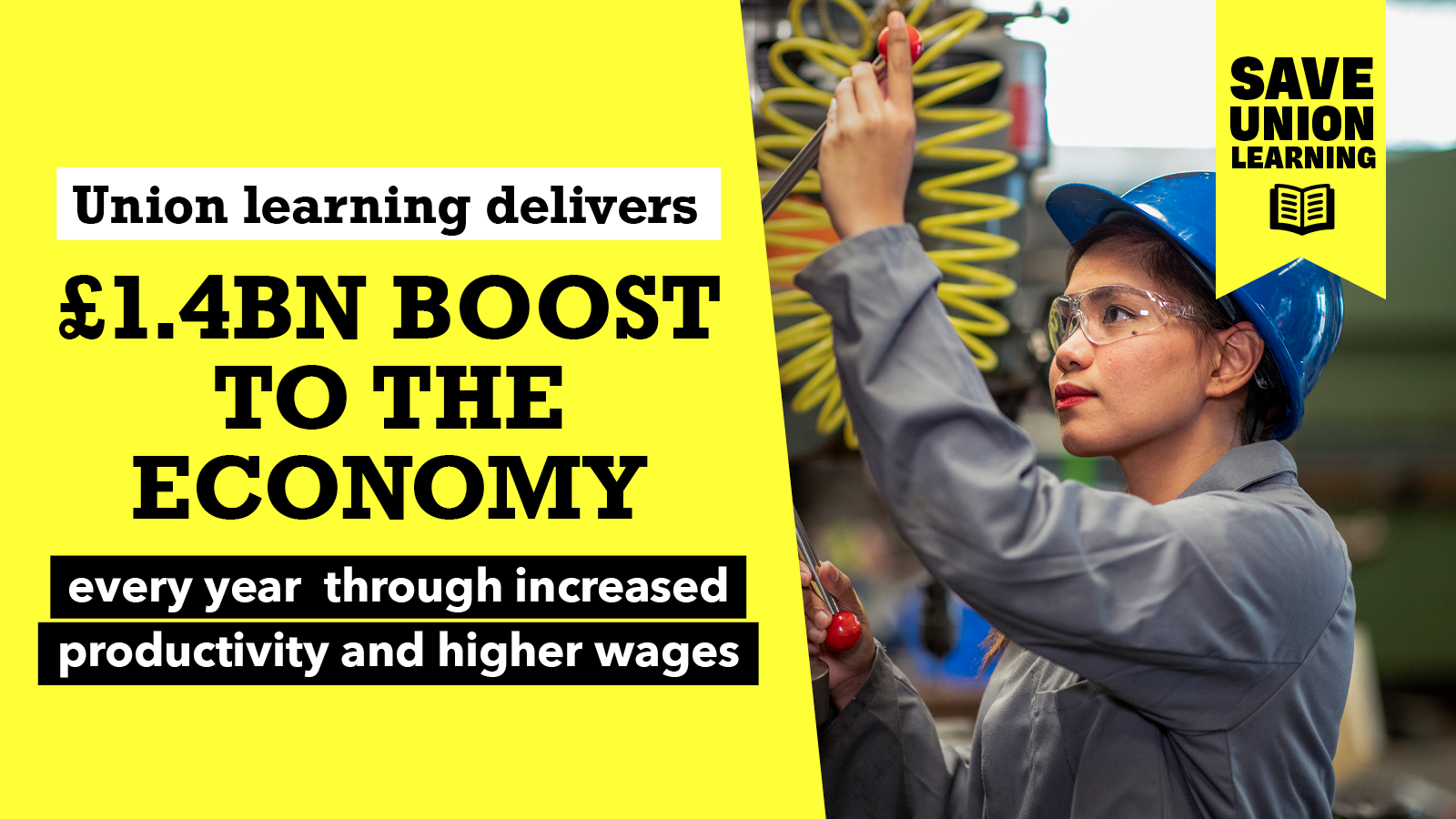From the 99 % to the 1 %
The Tories are robbing the working poor and giving to the working wealthy, according to new research from the TUC. And the Tories tried to hide it.
The richest working households will be over ÂŁ1,100 a year better off than the poorest by 2020 because of Tory tax and benefits changes, according to new research published today by the TUC. The poorest working households will see cuts of ÂŁ460 a year to annual income, while the richest working households will see their income boosted by ÂŁ670 a year.
The research looked at the overall impact on annual incomes in 2020 of changes set to be made to universal credit, benefits, the minimum wage and tax allowances. It also includes gains from the Chancellor’s planned increases to the minimum wage for those aged 25 years and older, which has been re-branded – wrongly – as a â€living wage’.
It is simply another age criteria in the National Minimum Wage and falls below the â€Living Wage’ calculated by the Living Wage Foundation, and below that needed by people to achieve a Minimum Income Standard published by the Joseph Rowntree Foundation.
This type of breakdown was included in every Budget across the last parliament, but it was excluded from the Chancellor’s July Budget.
Wealth redistributed upwards
While working households in the middle of the income spectrum make a small gain on average, it is much less than the average gains that the wealthiest stand to receive.
“These figures show that the Tories are not the party for working people,” Unite assistant general secretary Steve Turner said. “They are the party which looks out for the wealthiest households and gives them more, in this case nearly £700 a year by 2020.
“Those households with modest incomes will see little rise and the poorest will see a cut in their come of nearly £500 a year,” he added. “These figures are the latest demonstrating that the policies actively pursued by the government have redistributed wealth upwards in society, from the 99 per cent to the 1 per cent.
“The package of changes outlined in the budget will make inequality worse and increase poverty,” Turner went on to say. “The cuts to benefits and public services sit alongside policies that have seen a growth in lower paid work, and insecure, precarious work.”
The difference between the top and the middle shows up even more starkly in a more detailed breakdown for all households. This shows that the average annual gain for the top 10% of earners in 2020 (ÂŁ780) is twenty times the average gain for those in the â€middle’ range (ÂŁ40).
Shut out of recovery
The average weekly loss for low income working households (ÂŁ8.85) is equivalent to a weekly basket of groceries including: 2 litres of milk, large wholemeal loaf, 1 litre of orange juice, 500g cornflakes, 6 eggs, 800g apples, 500g beef mince, 400g tinned tomatoes, 1kg pasta, 4 pack of yoghurts (current prices in Lidl).
Another way of looking at it is that the average annual amount lost by low paid working households (£460) is equivalent to a year’s worth of school dinners (for one child at a cost of £2.50 per day for 190 school days).
The research also looked at the impact of the changes across non-working households. It showed a similar pattern of large gains for those at the top, minor gains for those in the middle, and losses for those at the bottom.
“Even after the extra help from a larger tax allowance and a higher minimum wage, low paid families will still be made more than £8 a week worse off on average by 2020,” TUC general secretary Frances O’Grady argued. “And if universal credit is delayed, leaving families still on tax credits, their losses will be hundreds of pounds a year more.
“We need a recovery that works for everyone, not just those at the top,” she added. “But by cutting support for low paid families, despite a growing economy, the government is shutting them out of the recovery. And worse than that, it’s also giving rich households a tax break by taking support away from the low paid.”
 Like
Like Follow
Follow


